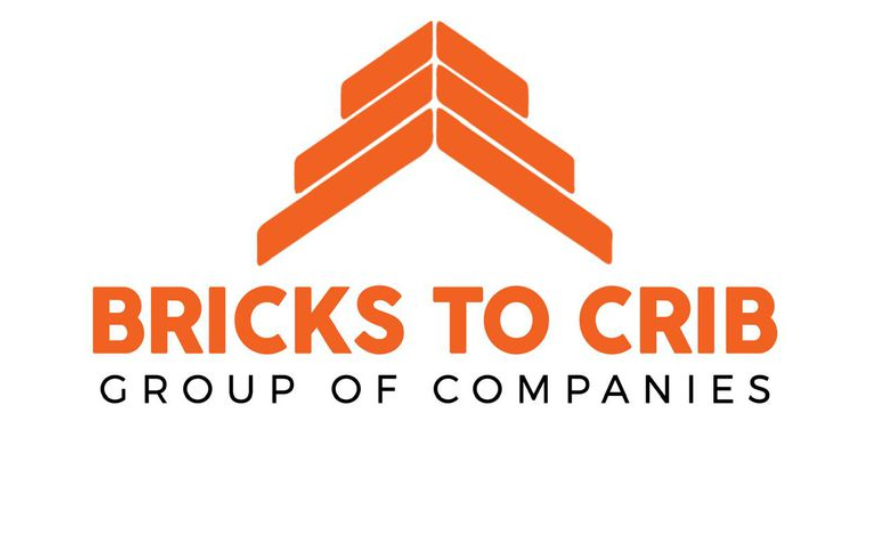When the federal government announced its plan to unlock $2 billion from Nigeria’s forest economy at the 2025 Forest Economy Summit, it sounded like real progress. The Vice President, Kashim Shettima, stressed the urgency, warning that over 90% of our original forest cover has already been lost.
Yet, there’s a contradiction at the heart of this initiative: while advocating a sustainable forest economy, the government is quietly restricting charcoal exports a forest product with huge export potential. It’s like finding treasure but blocking the path to it. We can’t talk about “trees into trillions” while sidelining the very product tied most directly to them.
True, the federal government lifted the charcoal export ban in mid-2023, but it wasn’t a full repeal it was conditional. Customs issued Circular No. 8 mandating that all charcoal exports must now carry approval letters from the Ministry of Finance and identification from forest officers at ports.
Exporters who fail to meet these conditions, or if Nigeria misses the EU’s December 2025 deadline for non-deforestation sourcing, risk facing another full ban. In reality, this isn’t freedom it’s regulation by exclusion.
Charcoal, though often controversial, is more than fuel. It is a biofuel, an export asset, and a source of livelihood for rural communities. In a nation battling climate change, there’s a clear paradox: our forests are shrinking, yet charcoal remains invisible in national policy.
By refusing to classify it as a formal commodity, Nigeria is missing the chance to regulate its production, establish export frameworks, and set price benchmarks. The result is continued forest loss driven by decades of unsustainable practices and a lack of regulatory structure.
We must move from damage control to sustainability. That requires supporting afforestation, reforestation, and policies that recognize forest-based livelihoods rather than erase them. Ignoring these systems means losing more than trees we lose communities, culture, and people.
The shift we need is to see forest products like charcoal not as threats but as assets: managed responsibly, regulated wisely, and integrated into a greener economy that serves everyone, especially the next generation.
Charcoal Is Powering Other Economies; Why Not Ours?
Take Namibia, a country of just 3 million people with a semi-arid landscape. In 2023, Namibia exported 270,000 tonnes of charcoal worth $80.5 million. Compare that to Nigeria with a far larger population and richer forests which exported only 443 tonnes that same year, valued at just $119,470. Of this, $54,000 went to the UAE; the rest trickled into Europe. Let that sink in: a country six times smaller is earning hundreds of times more from one forest product.
This isn’t a production problem it’s a policy failure. Nigeria has greater reserves, stronger climatic advantages, and steady demand from the UAE, EU, and Asia. Yet we don’t regulate, protect, or price the industry. Instead, we allow income to leak away through informal channels and black-market trading.
The UAE, for instance, allows very few natural exports from Nigeria and charcoal is one of them. But with weak documentation, many shipments remain unrecorded. While our neighbors formalize trade, we let ours operate in disguise.
Industry research projects the global charcoal market to hit $11.4 billion by 2030. Nigeria is losing more than 99% of its potential revenue due to the absence of a formal export policy or commodity status for charcoal.
This vacuum has ripple effects. Producers face exploitation and underpricing. Government earns no tax revenue from a booming informal export sector. Climate finance and carbon credits are out of reach because the industry isn’t tracked. Worst of all, local communities where over 70% of charcoal collectors are women and youth, particularly in the north-central and southwest remain trapped in poverty.
Towards a Smarter Policy
Instead of tightening restrictions, Nigeria should recognize charcoal as a valuable commodity central to its $2–3 billion forest economy agenda.
The recent forest economy summit showed renewed interest in land use and non-oil revenue. But unless charcoal is included in that conversation as a registered, regulated, and priced commodity, the effort risks being counterproductive. We’re producing the resource, but killing its potential through policy neglect.
The solution is not prohibition it’s formalization. Charcoal must be recognized as a legal commodity within trade and forest policies. We need clear export frameworks backed by sustainability protocols to meet global demand. Local cooperatives must be empowered with training and access to markets. Digital monitoring systems should be deployed to regulate harvesting and attract climate finance.
Charcoal is more than just fuel it is revenue, jobs, and foreign exchange. As the world shifts toward sustainable biomass, the answer isn’t restriction but smart regulation. Nigeria has the potential to lead, but only if we build a smarter and sustainable policy.
Written by Mr. Ebenezer Akarah
CEO/Founder, Bricks to Crib Group of Companies.
_—_
#FeaturedPost
>
